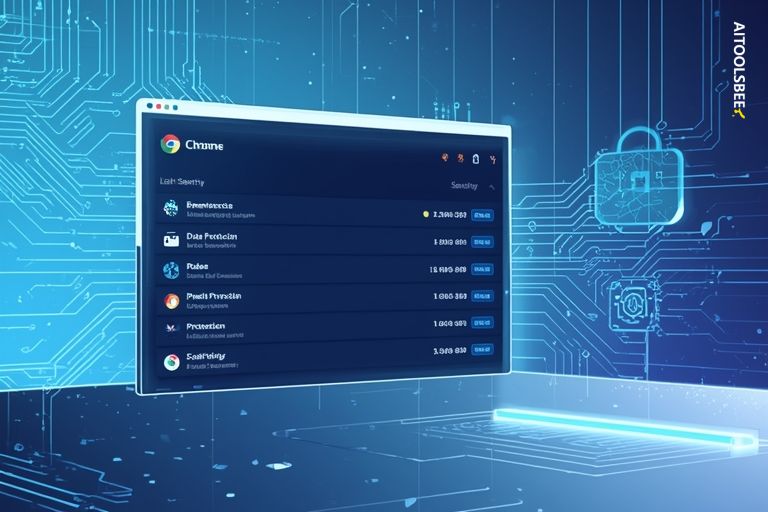
Enterprise IT Blocks Chrome Extensions for Security
In 2025, enterprises are increasingly challenged by security threats from browser extensions in managed environments. According to LayerX, 99% of enterprise employees have at least one browser extension installed, with over 53% having more than ten. This report highlights the most frequently blocked Chrome extensions by enterprise IT teams and the security risks influencing these decisions.
The widespread adoption of browser extensions has created a significant attack surface in enterprise environments. Nearly every employee represents a potential security vulnerability, complicating monitoring and control efforts for IT teams.
More than half of enterprise-installed extensions request critical permissions, such as access to cookies, passwords, and browsing history. These permissions can lead to credential theft and data breaches.
GenAI extensions are installed by 20% of enterprise users, with 58% requesting high-criticality access permissions. These tools can bypass corporate controls and expose sensitive data to external AI services.
In late 2024 and early 2025, over 30 Chrome extensions were found stealing credentials, with 20 abusing sessions and cookies via injected malicious code. Enterprise IT departments block specific Chrome extensions based on permission scope, publisher reputation, installation method, and security history.
The transition to Manifest V3 has significantly impacted Chrome extension ecosystems. By August 2025, 73.40% of Chrome extensions had migrated, with the rest facing automatic blocking. Enterprise IT often pre-blocks sideloaded extensions to prevent unmanaged code execution.
Effective enterprise Chrome management requires a multi-layered approach to extension security, including comprehensive auditing, risk-based categorization, and adaptive enforcement policies. Continuous monitoring of extension security posture helps organizations respond quickly to emerging threats.
Browser extension security should be integrated with broader cybersecurity frameworks, including identity management, data loss prevention, and endpoint security. This holistic approach ensures comprehensive protection against extension-based threats.

